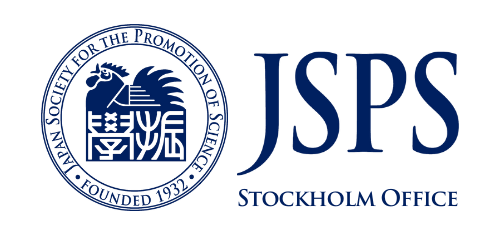
Karin Astrid Sofia Bergman
JSPS Postdoctoral fellow, Department of Earth and Planetary Science, Graduate School of Science, The University of Tokyo, Japan
What kind of research are you currently engaged in?
I am studying space plasma around comets. A new space mission, Comet Interceptor, is currently being developed in a collaboration between Europe and Japan. The goal of this mission is to study a so called long-period comet, which can provide us with information about the formation of the solar system. In Japan, I have done preparatory work for this mission.
How did you get interested in your research subject?
Ever since I was a kid I have been fascinated by space. There are so many mysteries and questions left unanswered, and I find it very intriguing being able to help finding the answer to those questions.
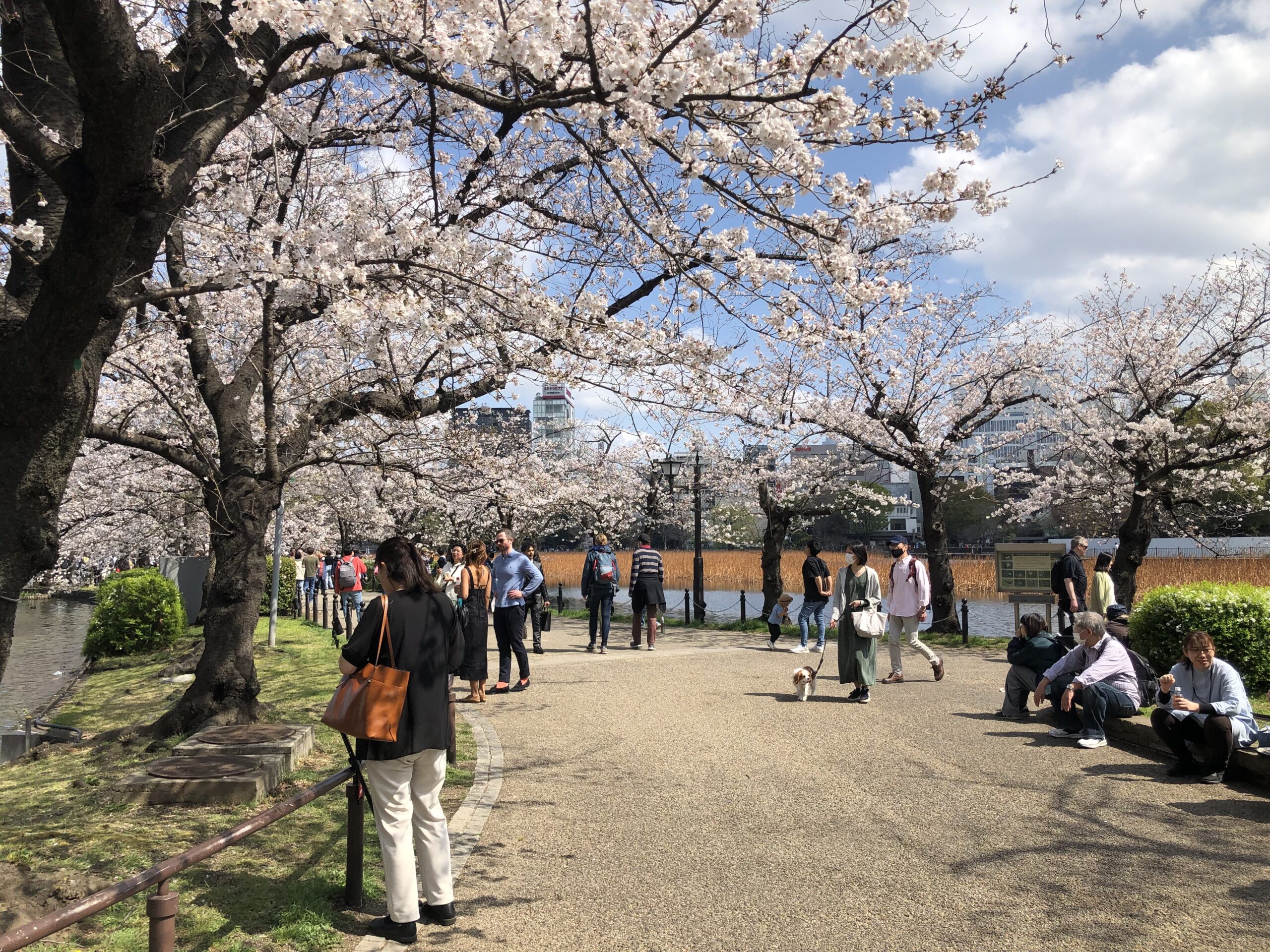
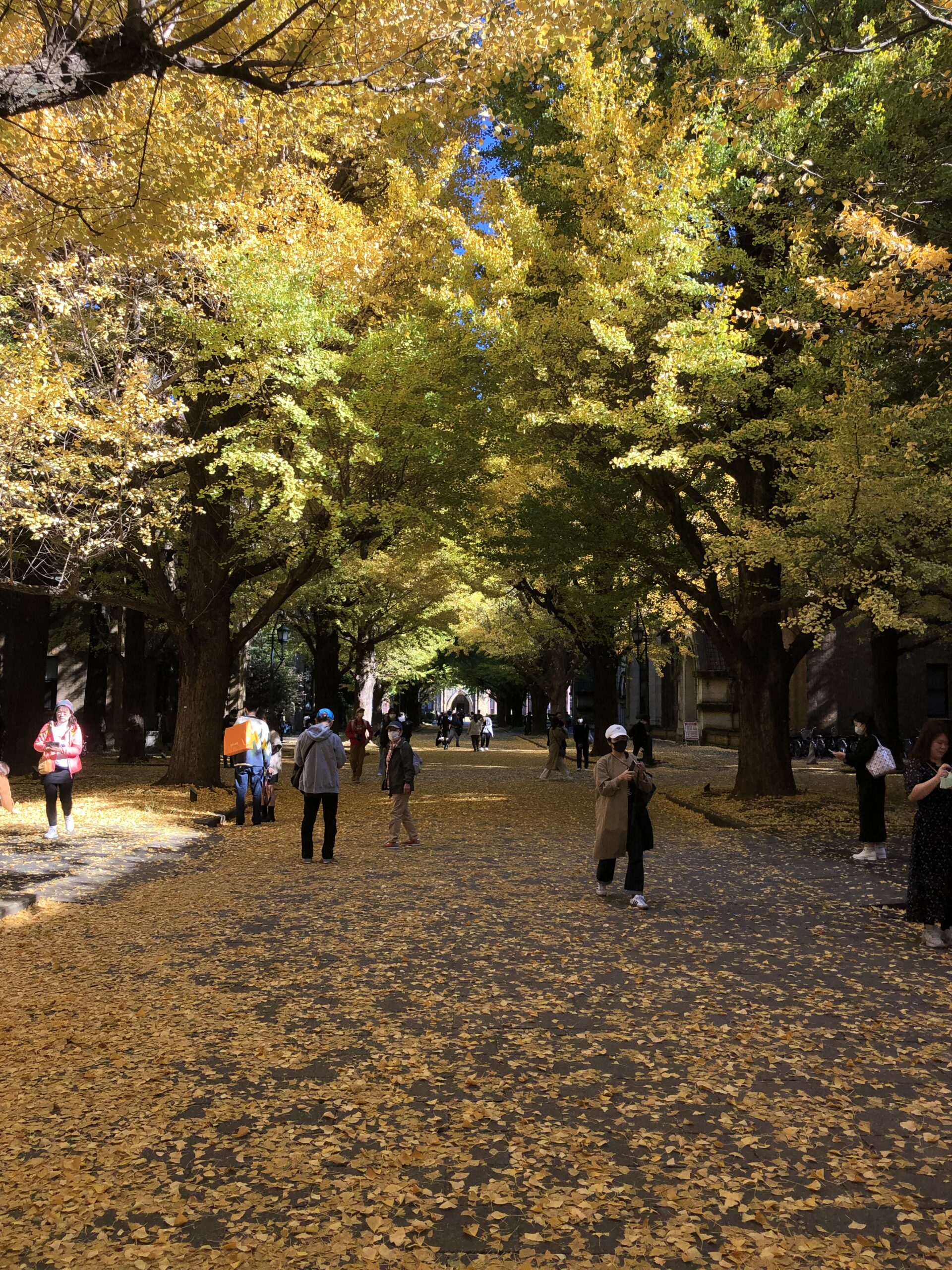
Why did you choose your current institution to conduct your research for the JSPS fellowship?
One of the plasma instruments of the Comet Intercept or mission is being built at the University of Tokyo, where I am conducting my research. Due to my background in cometary science, I was put in contact with Prof. Satoshi Kasahara, the PI of the instrument. I was very happy when I got the opportunity to join his excellent lab group.
What was your impression of the research environment in Japan compared to other countries you have experienced?
The research environment in Japan is not as international as in many other countries. Most meetings are held only in Japanese, which can be difficult as an international researcher. Japan is also known for its work ethics and long working hours. However, this seems to be slowly changing and I never had an issue maintaining my usual working hours.
How did you spend your time in Japan? Did you find anything fun and interesting, or strange and challenging?
I took the opportunity to travel and visit different parts of Japan whenever possible. Experiencing the culture in different regions has been truly amazing. My Japanese is very poor which has been challenging at times, but people are generally very friendly and helpful.
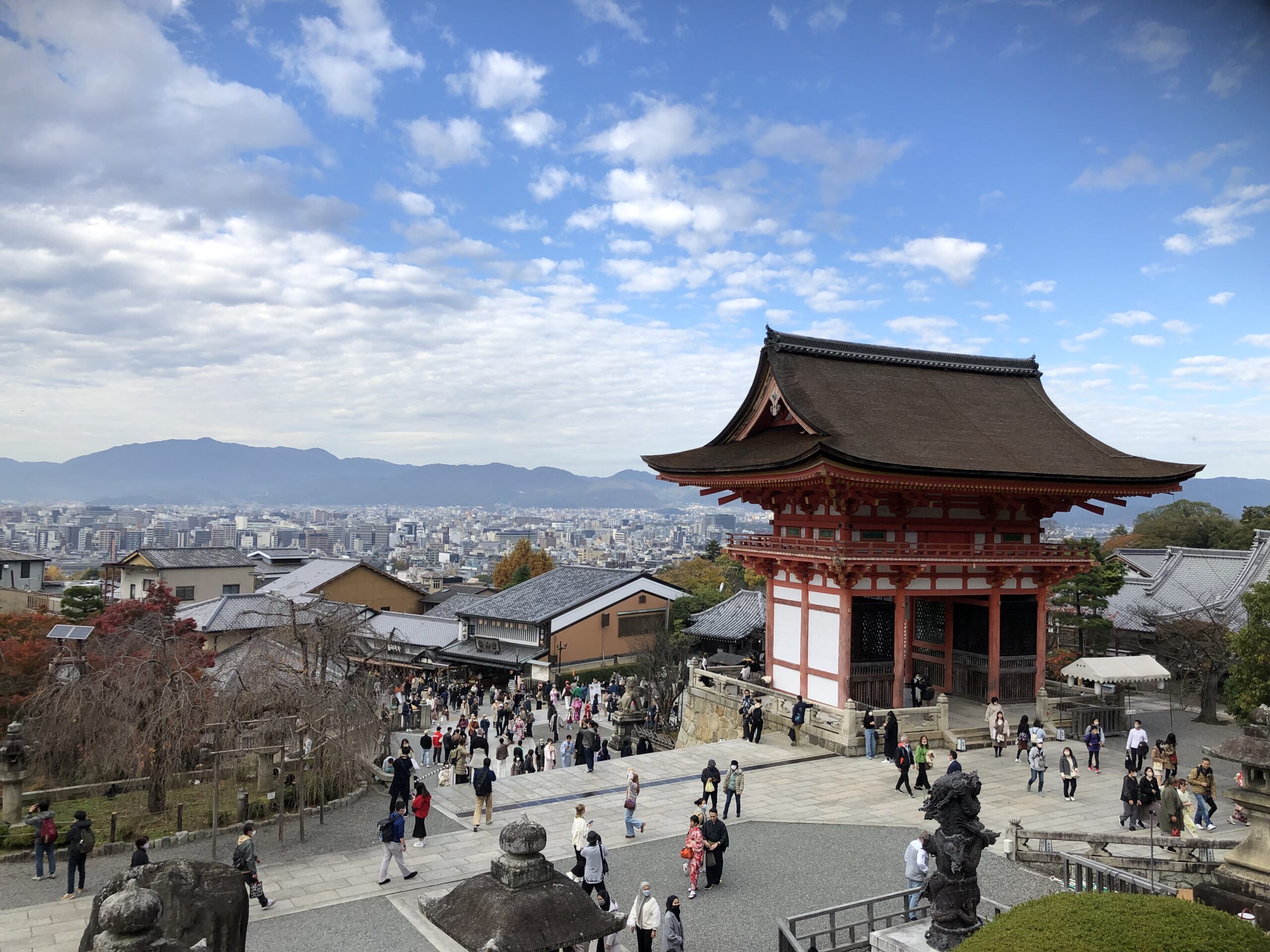
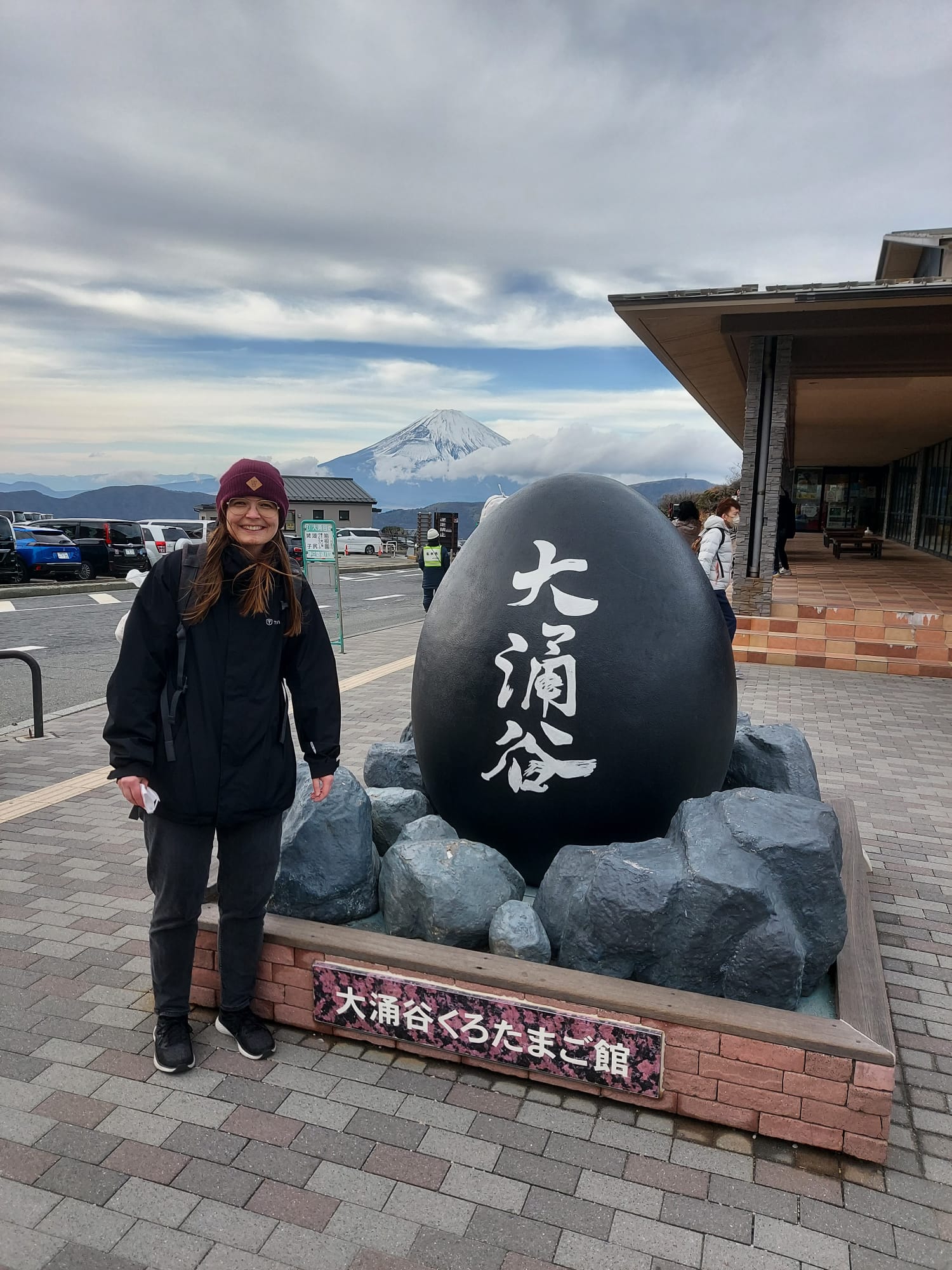
What impact do you think the JSPS fellowship has on your future career?
Gaining international experience will be very helpful for my future career, including the new contacts made in Japan. Being a part of the development phase of a space mission has given me valuable experience for the future. I have also developed my skills to work independently and lead my own study.
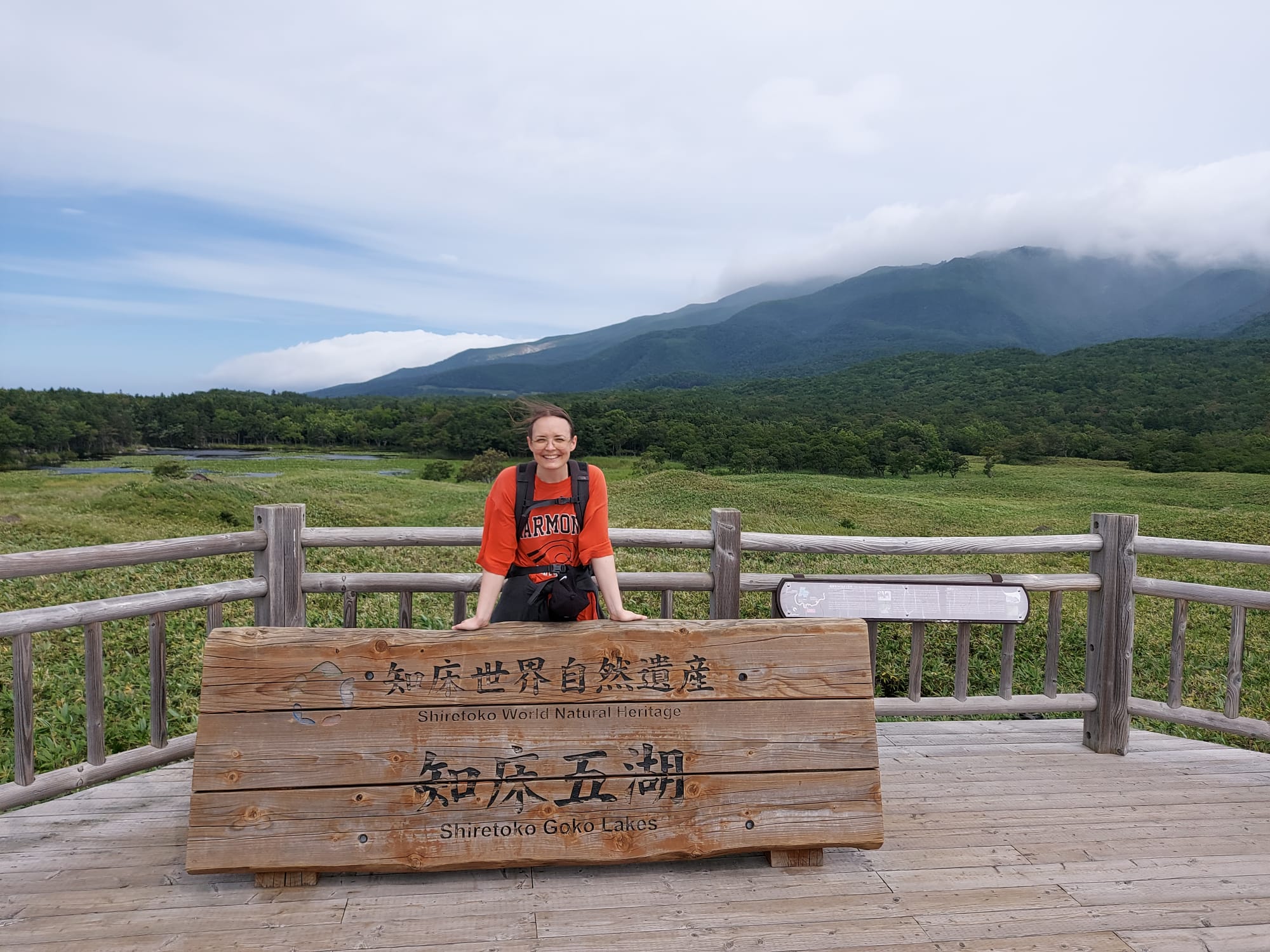
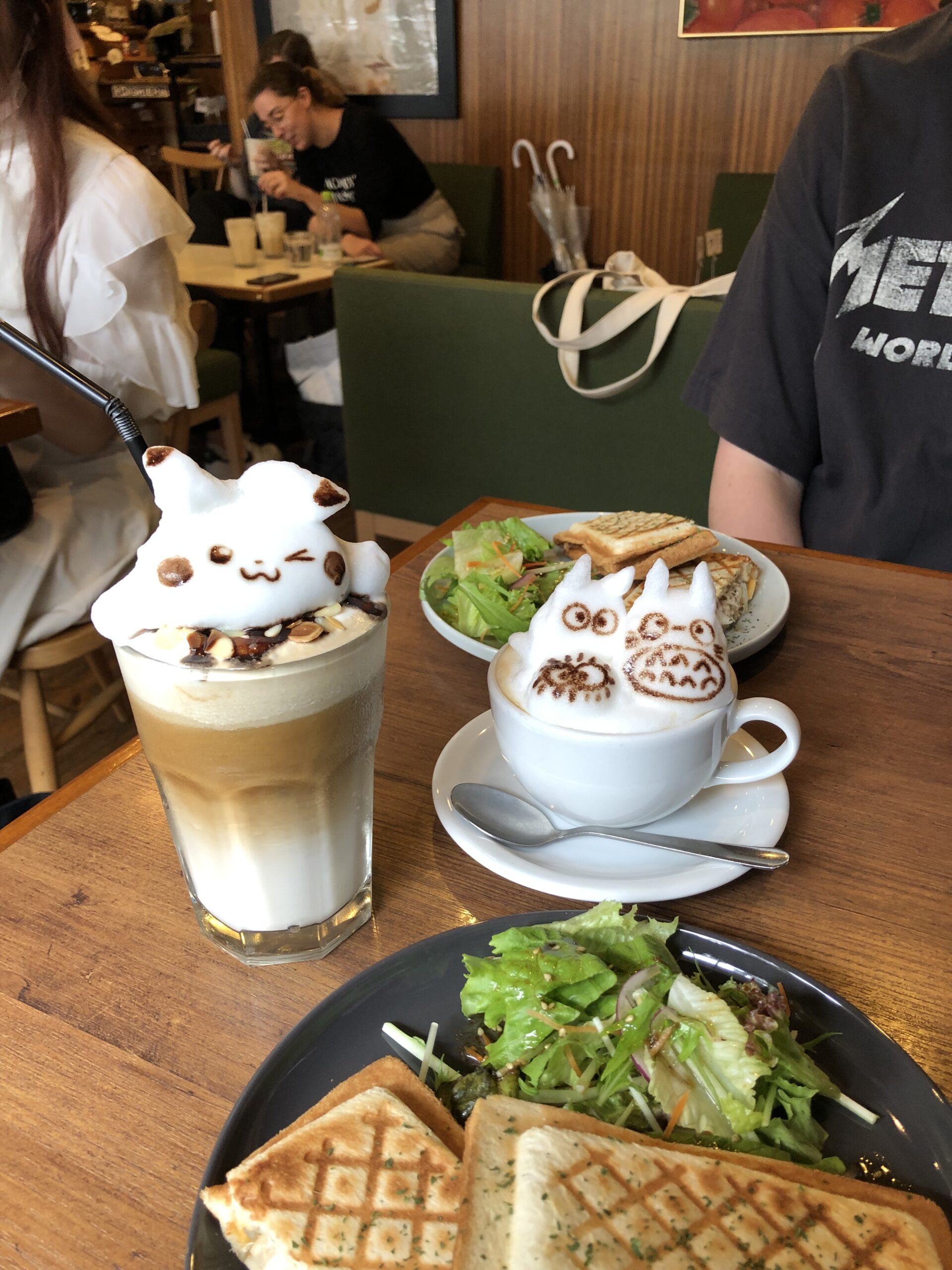
Do you have any advice for researchers who are interested in going to Japan?
Going to Japan has been an amazing experience, which I would highly recommend. I have grown a lot during my time here, both professionally and personally. Experiencing the culture and meeting many new people have made me develop a lot as a person. Professionally, I have made many new contacts opening up for more collaborations in the future. I would highly recommend taking the opportunity to travel to different parts of Japan if possible, as this country has a lot of things to see and experience.
(September, 2023)
2017 MSc, Luleå University of Technology
2021 PhD in Experimental Physics, Umeå University/ Swedish Institute of Space Physics
2022 JSPS Postdoctoral Fellow, The University of Tokyo
